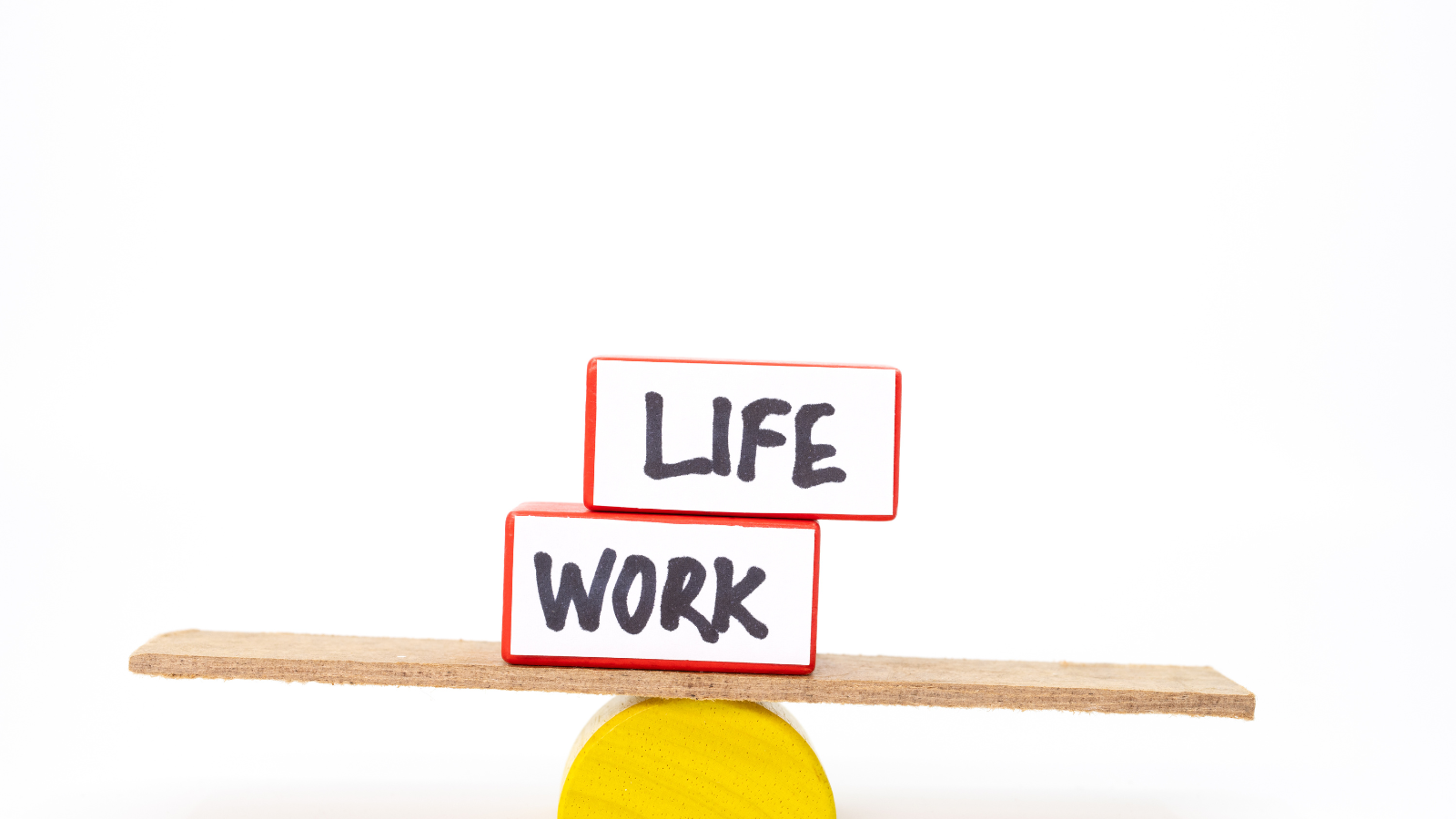Care is a fundamental aspect of our lives, as everyone will either require or provide care at some point. Gender inequalities in informal care and its implications for carers and the labour market is of major concern in the EU. The COVID-19 pandemic has shed light on the significance of formal care services, unveiling the vulnerabilities of care systems. Failure to address the existing deficiencies in care provision and access to formal care services could result in a future care crisis and exacerbate gender inequalities. In most European countries, care is mainly provided by informal caregivers. The rising care needs keenly fall on women. Improving the formal care sector would help make informal care a choice rather than a necessity. This policy brief explores gender inequalities in the provision of two critical forms of informal care – childcare and long-term care (LTC) – and in access to formal care services and the work–life balance of carers. Drawing on the 2022 European Institute for Gender Equality (EIGE) first EU-wide Survey of Gender Gaps in Unpaid Care, Individual and Social Activities, this EIGE brief offers much-needed up-to-date insights into the gendered dynamics of caregiving.
Executive summary
- Women bear the primary responsibility for childcare and are twice as likely to spend at least 5 hours on childcare per day than men. This unequal share of childcare responsibilities creates significant obstacles for women to participate in the labour market on an equal footing with men.
- Many people providing informal LTC in the EU are below retirement age, indicating potential work–life conflicts and dual caring responsibilities of also providing childcare. A lower percentage of LTC carers are employed, with a significant number working part-time, especially among women.
- Access to formal care services is crucial for reducing the burden of informal care, primarily provided by women. Women with young children who use ECEC services are less engaged in highly time-intensive childcare and are more likely to be employed than those who do not use these services.
- The affordability, availability, and quality of formal care services for LTC and ECEC are persistent challenges, particularly affecting low-income carers and those in rural areas.
- Caregiving responsibilities significantly impact work–life balance, resulting in fewer working hours, limited career progression and financial consequences. This especially affects mothers of young children. Access to formal services can help carers manage their paid work and caregiving responsibilities more effectively.
- Addressing the barriers to accessing formal care services, improving work–life balance, and supporting carers are crucial for promoting gender equality, financial independence, and the well-being of carers and care receivers.
Read more here.





